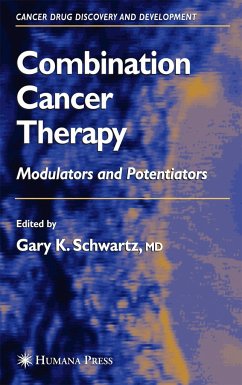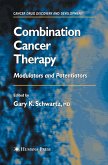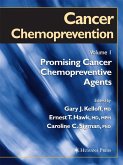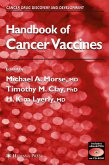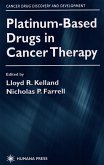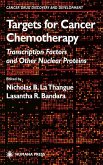Expert physician-scientists and clinicians review those combinations of novel target agents classic chemotherapies that hold the most promise for the future of medical oncology, and detail their optimal sequence, pharmacokinetic interactions, and interaction with downstream cellular signals. The combinations run the gamut of targeted therapies against cell surface receptors (EGF-R and HER2), the cell cycle (the CDKs), signal transduction events (PKC and NF-kB), apoptosis (bcl-2), as well as focused therapies in ovarian cancer, hematologic diseases, and breast cancer. The authors emphasize novel translational approaches that are rapidly moving from the laboratory bench top to the patient's bedside for the future treatments in cancer therapy. Early clinical trials of the new molecular-based anticancer agents have shown that many are marginal in controlling cancer, but prove to be potent modulators and potentiators of chemotherapy-induced apoptosis when used in combination with classic cytotoxic drugs or radiation. In Combination Cancer Therapy: Modulators and Potentiators, expert physician-scientists and clinicians with first-hand experience in the clinical development of targeted therapies review those combinations that hold the most promise for the future of medical oncology, detailing their optimal sequence, pharmacokinetic interactions, and interaction with downstream cellular signals. The combinations run the gamut of targeted therapies against cell surface receptors (EGF-R and HER2), the cell cycle (the CDKs), signal transduction events (PKC and NF-kB), apoptosis (bcl-2), as well as focused therapies in ovarian cancer, hematologic diseases, and breast cancer. The authors emphasize novel translational approaches that are rapidly moving from the laboratory benchtop to the patient's bedside as a new generation of cancer therapeutics.
Cutting-edge and forward-looking, Combination Cancer Therapy: Modulators and Potentiators offers everyone in the fields of cancer drug development and therapy a powerful new understanding of the optimal sequencing and scheduling of new combination drug therapies necessary to maximize the effects for cancer patients today.
Hinweis: Dieser Artikel kann nur an eine deutsche Lieferadresse ausgeliefert werden.
Cutting-edge and forward-looking, Combination Cancer Therapy: Modulators and Potentiators offers everyone in the fields of cancer drug development and therapy a powerful new understanding of the optimal sequencing and scheduling of new combination drug therapies necessary to maximize the effects for cancer patients today.
Hinweis: Dieser Artikel kann nur an eine deutsche Lieferadresse ausgeliefert werden.

